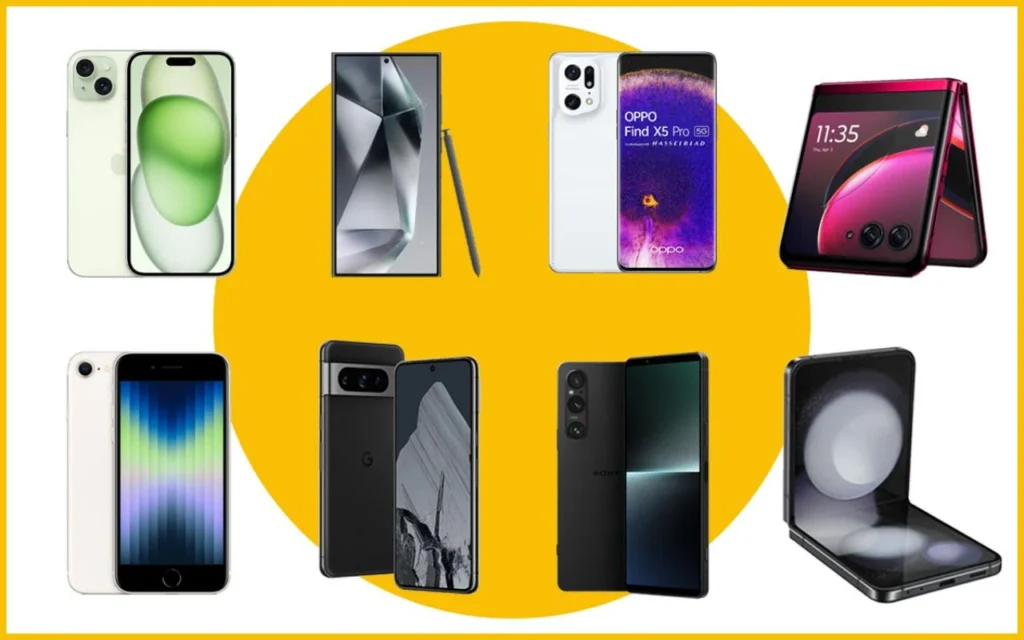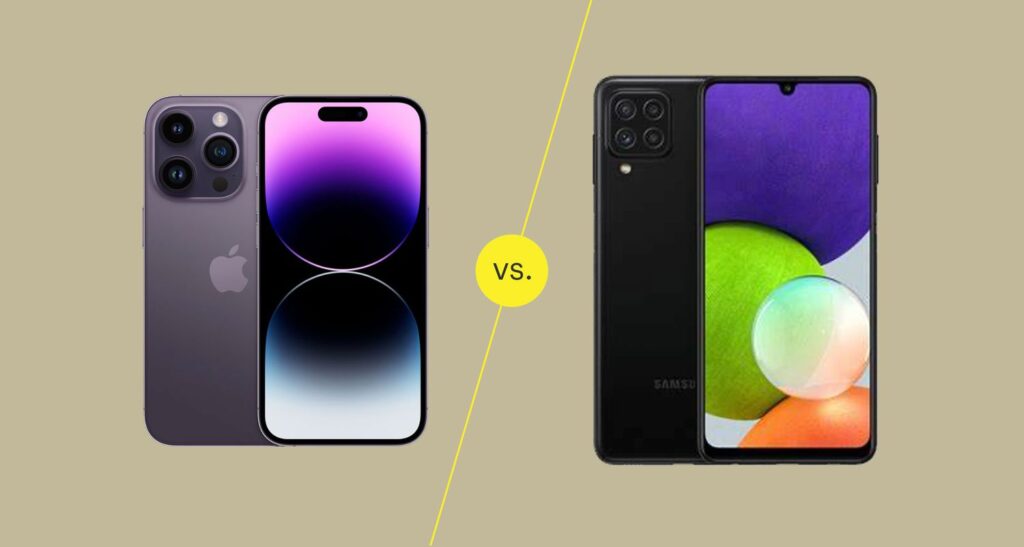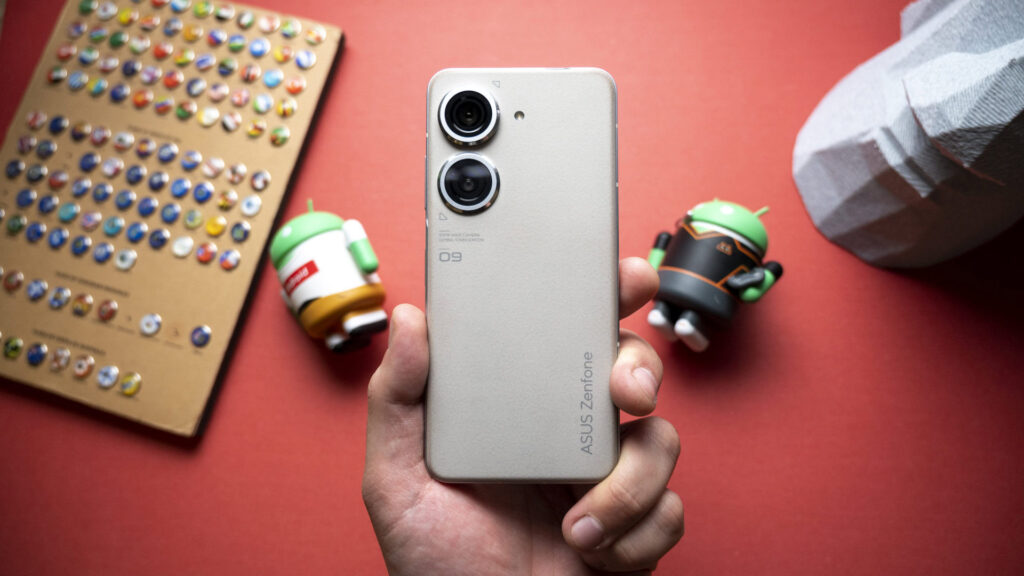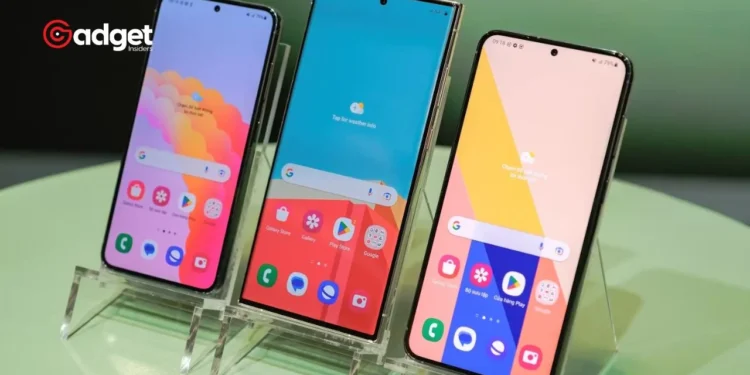In an unexpected twist in the smartphone market, Apple has recently declared a shift in its software update policy under the UK’s new Product Security and Telecommunications Infrastructure (PSTI) Act. This revelation positions Apple’s iPhone 15 Pro Max at a surprising disadvantage against Android’s stalwarts like Google Pixel and Samsung, marking a pivotal moment in the industry.

Apple’s New Software Support Strategy: A Detailed Look
Traditionally, Apple has not disclosed the exact lifespan of software support for its devices, a practice that has helped maintain an aura of enduring value. However, the landscape shifted when Apple announced it would provide security updates for the iPhone 15 Pro Max for a minimum of five years from its release date. This announcement aligns with the UK’s PSTI Act requirements but reveals a gap in comparison to Android leaders.
Android Takes the Lead in Longevity
Google and Samsung have set a new standard by committing to seven years of security updates for their devices, including flagship models like the Google Pixel 8 Pro and the latest Samsung Galaxy devices. This commitment not only enhances the perceived value of Android phones but also positions them as more sustainable choices for consumers looking for longer-lasting devices.

“The minimum length of time, expressed as a period of time with an end date, for which security updates will be provided,” states the Product Security and Telecommunications Infrastructure Regulations (2023), outlining what now sets Android apart from its competition.
Implications for Consumers and the Industry
This shift by Apple, first reported by Android Authority and later updated by a Google executive on LinkedIn, marks a significant change in consumer expectations. It challenges the long-held view that iPhones offer superior longevity in software support. The move may influence future consumer decisions, potentially swaying more users towards Android devices, especially among those prioritizing long-term usability and security.

Looking Ahead: The Future of Smartphone Support
While Apple’s five-year support plan is substantial, it no longer stands out as industry-leading. As hardware capabilities advance and consumer expectations rise, the industry might see a new norm in software support, one where seven years could become standard. This change highlights the importance of adaptation and innovation in retaining consumer trust and competitiveness.
A New Era for Smartphone Longevity
Apple’s adjustment in software support timelines reflects a broader industry trend towards extended software lifecycles. As Android manufacturers lead the charge by setting robust benchmarks, Apple’s adaptation could signify a new phase in the competitive dynamics of the smartphone industry, with long-term implications for market strategies and consumer choices.










